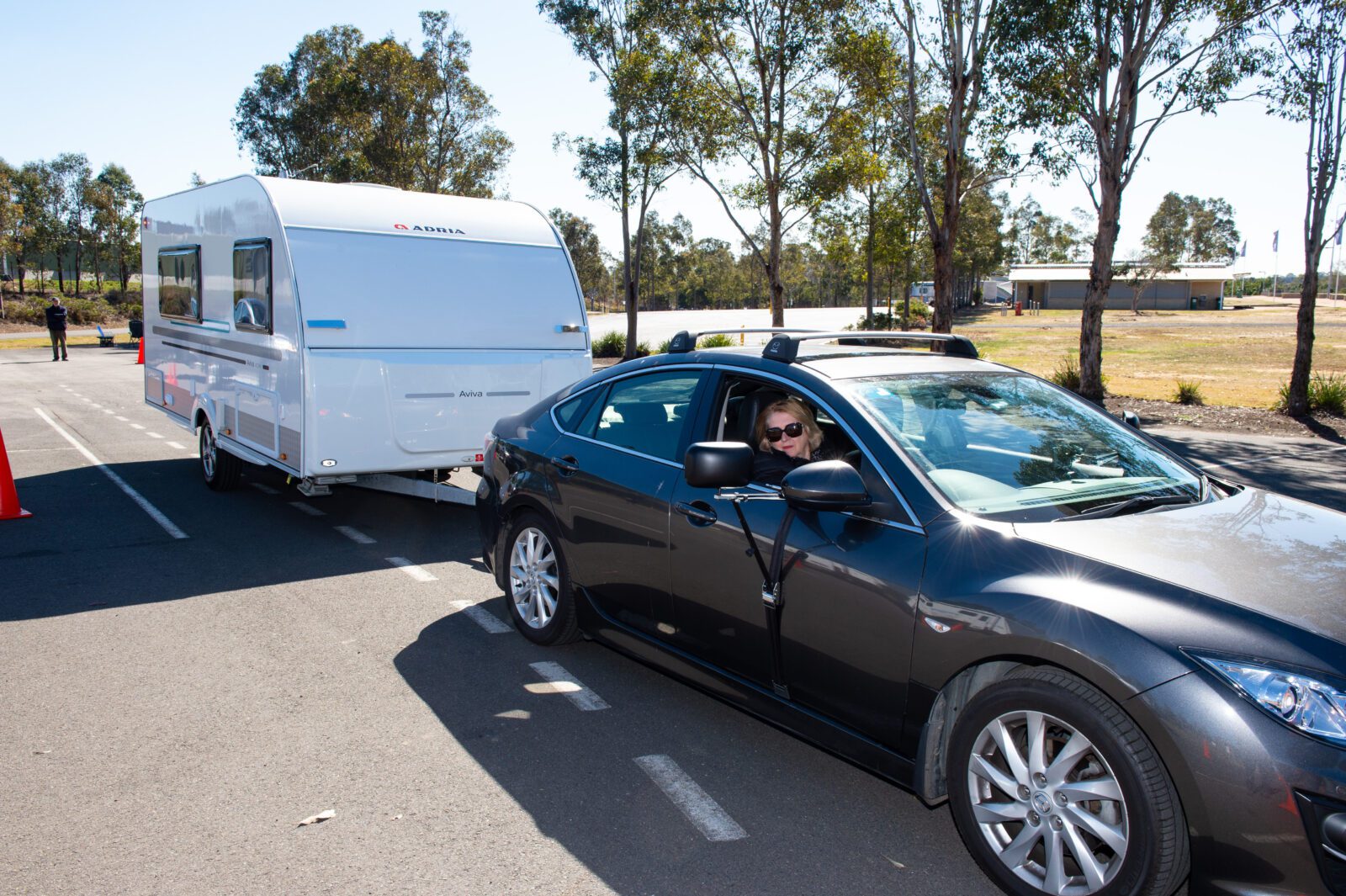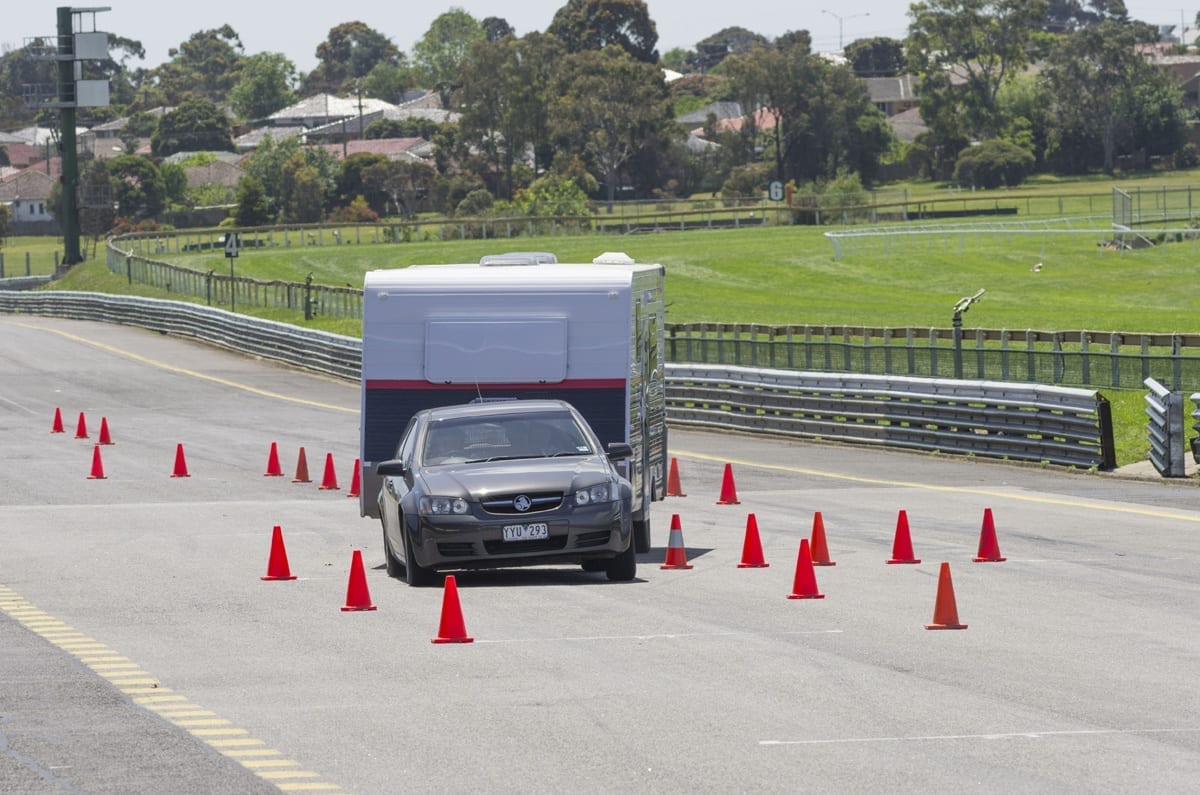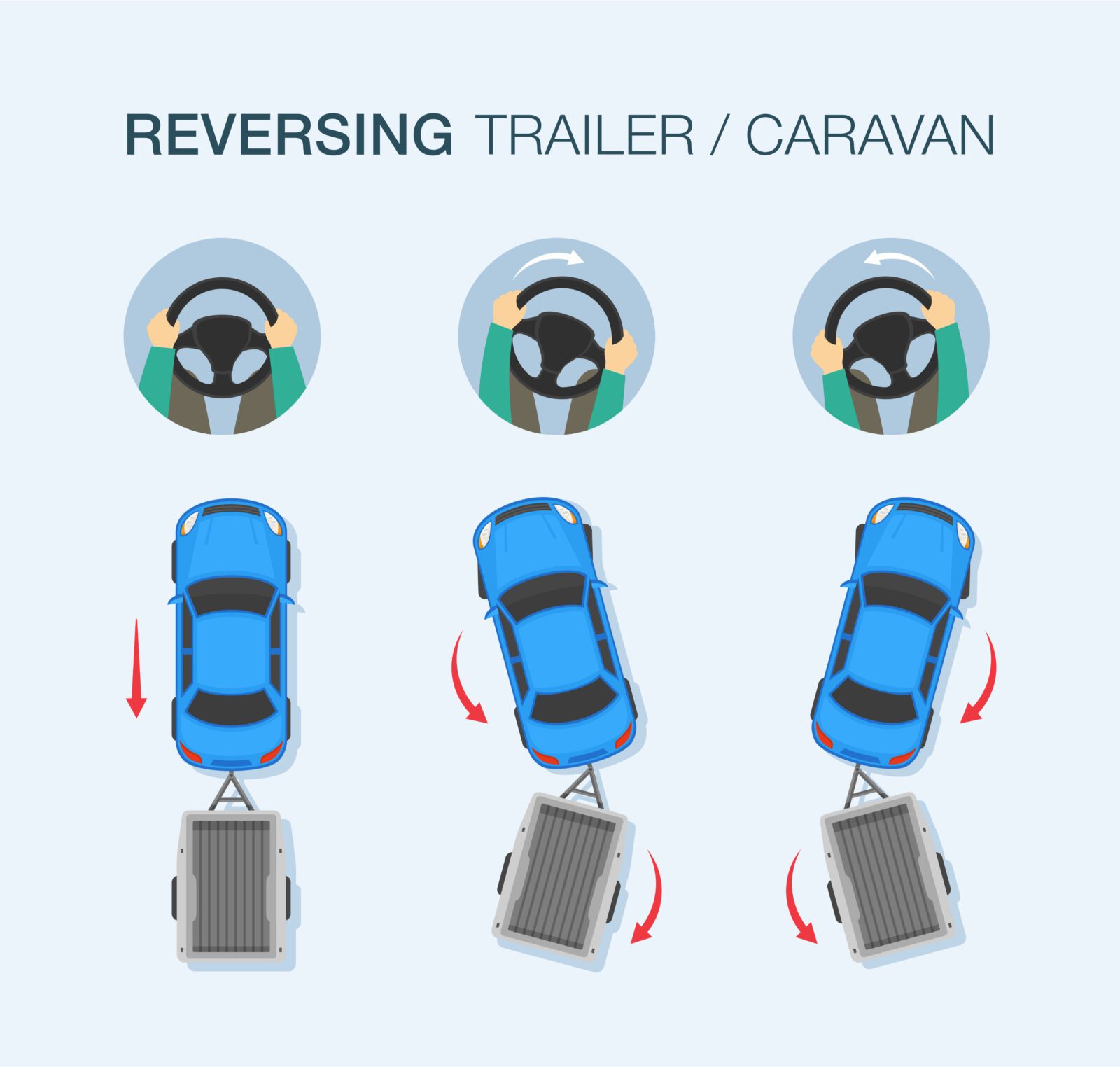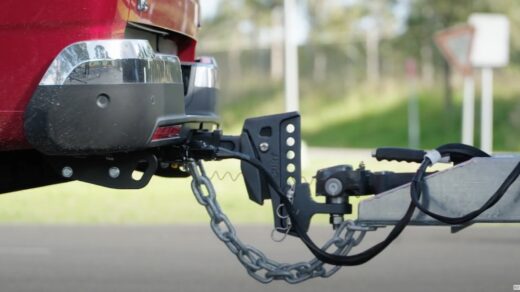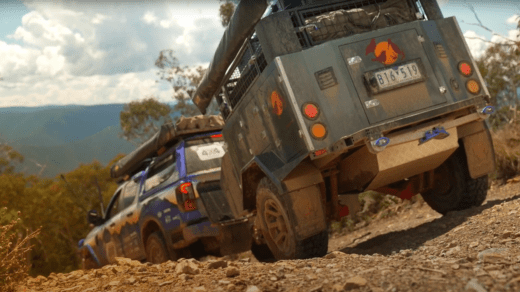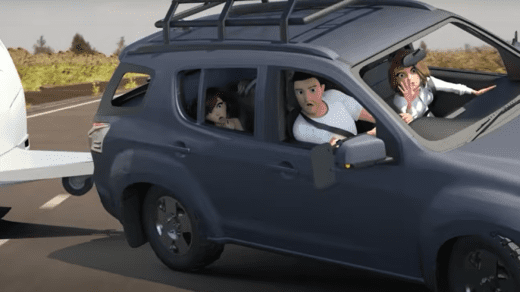Caravan Sway
Caravan sway can be scary and rightly so. Whether you have experienced caravan sway or only heard the stories and seen dash cam footage, most people that tow caravans are aware that sway may occur.
The most common cause of trailer sway is an incorrectly loaded caravan. When packing, it is important that heavy items are placed as close to the caravan axle as possible. Packing too heavily towards the rear of the caravan can result in instability.
Generally, you should aim to keep your tow ball weight between around 10% of your ATM or Aggregate Trailer Mass. Going below 10% can result in trailer sway and going above 10% can put excessive weight on the back of your car and will affect your vehicles handling.
Keep in mind that sway can also be caused by wind. This can be from the weather, so on a high wind day, avoid towing if possible. Even an unexpected strong gust can cause some sway. A large vehicle travelling at speed and overtaking can also cause sway. The rush of air between the vehicles can cause instability.
As speed increases, stability decreases. Stick to a safe speed for your vehicle and conditions.
Also ensure that you have the correct tyre pressures for your combination by checking your manufacturers recommendations. Underinflated tyres will cause excess movement in the tyre wall. Overinflated tyres will not be able to minimise shocks from the road surface and lead to instability.
If your trailer does start to sway – do you know how to regain control?
The most effective way to minimise sway is to decrease speed by removing your foot from the accelerator and applying your trailer brakes. The effect of this will pull the trailer straight behind the tow vehicle and you will begin to regain control.
Sudden moves will always make the situation worse. Ensure you hold the steering wheel steady and don’t make any sudden turns.
It is a great idea to practise reaching for the trailer brakes when stationary. That way you instinctively know where the control is. You can get the control fitted so that it is central in the vehicle and your passenger can apply the trailer brakes if your hands are too busy holding the steering wheel steady.
Ensure you have your electric brakes set up suitably for your trailer. There are various models available so check your manufacturer’s instructions to work out what is right for you.
Electronic Stability Control (ESC) is a great safety feature to reduce the chance of caravan sway. The ESC system installed on a caravan uses a sensor underneath the van to monitor sideways movements, small oscillations or sudden jerks. When these forces cause the van to lurch to a critical point, the system applies selective braking to bring the van back into line. Essentially, ESC will apply the trailer brakes for you if things start to get a bit hairy and are more likely to react faster than you as the driver.
As good as ESC systems are, they aren’t infallible and are not a replacement for careful driving, which is still the most effective tool to combat the dreaded sway and keep you and your family safe on the road.




